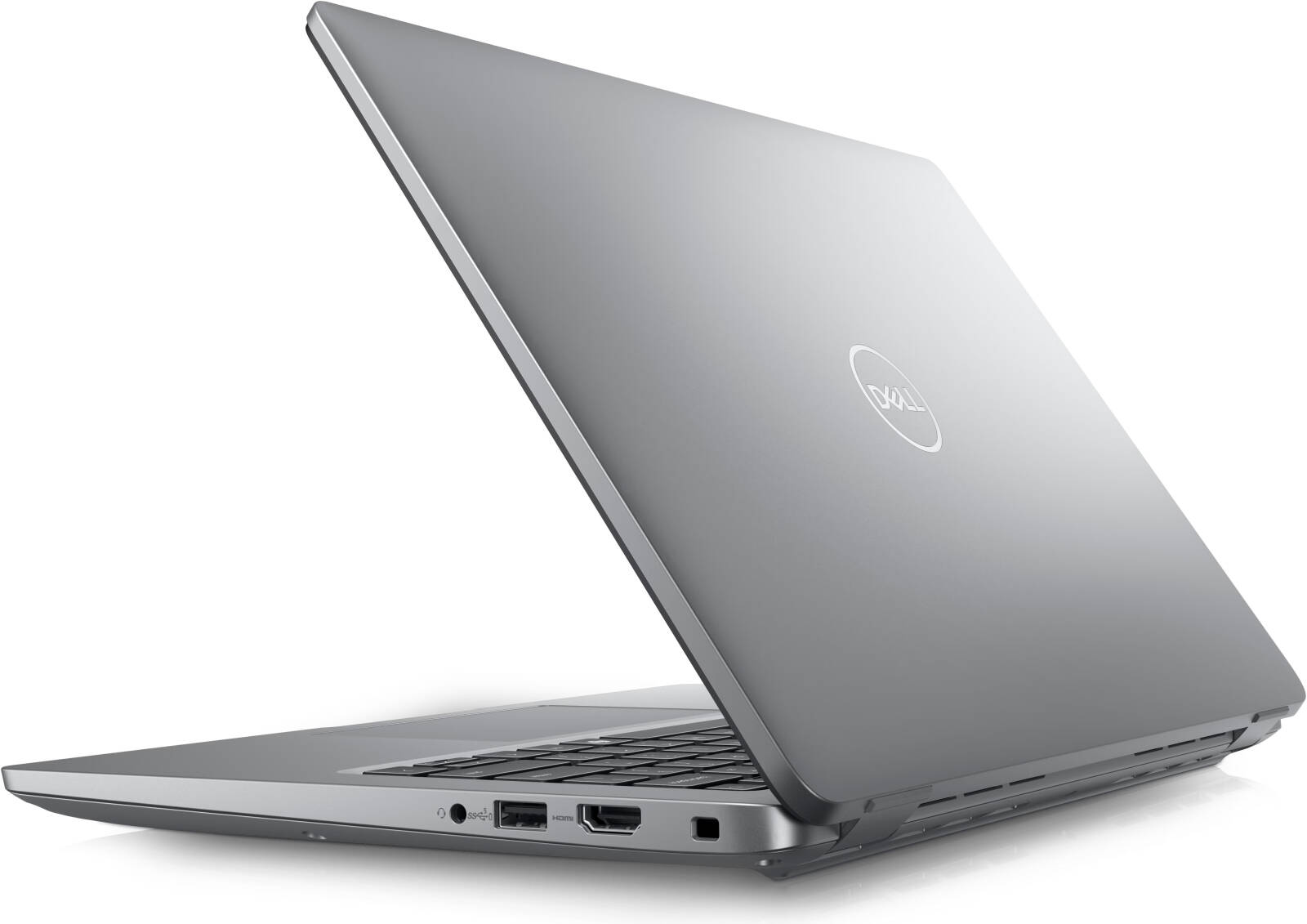The allure of a “Tech Bargain“—securing a high-end laptop like a Dell 15” i5 with 16GB RAM and a 512GB SSD for next to nothing—is a powerful one. While headlines might suggest an Amazon hack is the key, the reality is more nuanced. No widespread security breach has been confirmed that resulted in such a dramatic price drop. Instead, legitimate sales, rare pricing errors, and, less desirably, deceptive third-party seller tactics, are the more likely explanations. Let’s delve into the truth behind these enticing offers.
The Reality of Dell Laptop Deals on Amazon
Amazon and Dell maintain a strong partnership, frequently collaborating on promotional sales events. These events, such as Prime Day and “Black Friday in July,” offer genuine opportunities to purchase Dell laptops at significantly reduced prices. These discounts are a strategic marketing move, not the result of any illicit activity. The key is understanding the difference between a legitimate sale and a potential scam or pricing error.
Legitimate Sales and Discounts
During major shopping holidays, Amazon prominently features Dell laptops with impressive specifications at attractive prices. For instance, during a “Black Friday in July” event in 2025, a Dell Vostro 15.6″ Business Laptop, equipped with an Intel Core i5-1235U processor, 16GB RAM, and a 1TB SSD, was offered for $549.00 after a $200 coupon. Similarly, a Dell 15 Intel i7 laptop with a 1TB SSD, 16GB RAM, and a 15.6″ screen was available for $499.99, representing a $250.00 saving. These deals are the product of planned promotions and negotiated discounts between Amazon and Dell. TechRadar often covers these deals, providing consumers with up-to-date information on the latest offers.
The Enigma of Pricing Errors
While planned discounts are common, pricing errors, or “glitches,” are a different story. These are isolated incidents, often reported by individual users on platforms like Reddit. A user in 2017 claimed to have ordered a $2,000 laptop for around $30 from a third-party seller. Another Reddit discussion from February 2024 highlighted a potential Amazon pricing error for a Galaxy Book. These errors are infrequent and can occur at any time. The involvement of third-party sellers can further complicate the situation, as they may be the source of the error or, in some cases, intentionally list items at unrealistically low prices to scam buyers.
The Players Involved
The landscape of Dell laptop deals on Amazon involves several key players:
- Amazon: The primary platform for these sales and, occasionally, the source of pricing errors.
- Dell: The manufacturer whose products are being offered at discounted prices.
- Customers: Individuals seeking to purchase Dell laptops at reduced prices.
- Third-Party Sellers: These sellers can offer competitive deals but may also be involved in pricing errors or, in the worst-case scenario, fraudulent activity.
It’s crucial to differentiate between deals offered directly by Amazon or Dell and those from third-party sellers. Always verify the seller’s credibility before making a purchase.
The Timing and Location
Legitimate sales and discounts on Dell laptops are strategically timed to coincide with major shopping holidays. Prime Day (July 2025), “Black Friday in July” (July 2025), and Labor Day sales (August 2025) are prime examples. Pricing glitches, however, are unpredictable and can occur at any time. Discussions on platforms like Reddit indicate that these errors have been reported from as early as 2017 to recent months in 2024. All these events occur on the Amazon online retail platform.
The “Why” Behind the Deals and Errors
Strategic Discounts
Amazon and Dell utilize significant discounts as a strategic marketing tool. These promotions are designed to drive sales, attract new customers, and maintain a competitive edge during peak retail periods. By offering substantial price reductions, they can stimulate demand and clear inventory. PCMag frequently analyzes these trends, offering insights into the motivations behind promotional pricing strategies.
Accidental Errors
Pricing errors are typically unintentional. They can arise from various sources, including data entry mistakes, system malfunctions, or incorrect listings by sellers. In the case of third-party sellers, extremely low prices can sometimes signal a scam. These sellers may not intend to fulfill the order or may ship a product of significantly lower value than advertised. Always exercise caution when encountering prices that seem too good to be true.
Impact and Consequences
The impact of these situations varies depending on the nature of the deal:
- Legitimate Deals: Customers benefit from acquiring desired products at a lower cost, while Amazon and Dell experience increased sales and revenue.
- Genuine Pricing Errors: Amazon typically reserves the right to cancel orders placed at incorrect prices, as stated in their terms and conditions. This can lead to disappointment for customers who expected to receive the item at the erroneous price. If an order is fulfilled, the seller incurs a financial loss.
- Fraudulent Third-Party Sellers: Customers risk financial loss or receiving counterfeit or non-existent products. This underscores the importance of verifying seller credibility and carefully scrutinizing product listings.
Amazon also offers legitimate avenues for cost savings through programs like Amazon Renewed and Amazon Resale (formerly Warehouse). These programs provide discounted, pre-owned, or refurbished items, offering a reliable alternative for budget-conscious shoppers. wikiHow offers guides on navigating these programs safely.
Navigating the World of Online Deals
While the prospect of landing a Dell laptop for next to nothing due to an “Amazon hack” is largely a myth, the reality is that genuine deals and discounts are readily available. By understanding the difference between legitimate sales, pricing errors, and potential scams, consumers can navigate the online marketplace with confidence and secure valuable products at competitive prices. Remember to verify seller credibility, scrutinize product listings, and be wary of prices that seem too good to be true. Amazon’s official website and reputable tech news outlets remain the best sources for identifying real deals.




:max_bytes(150000):strip_icc():focal(1062x595:1064x597)/Nobody-Wants-This-Ending-Explained-Hereis-Where-Noah-Joanne-Leave-Off-And-What-It-Means-for-Potential-Season-two-tout-f2c0f0235d4c4ef3a3c0eca5c173a047.jpg?w=1024&resize=1024,1024&ssl=1)
